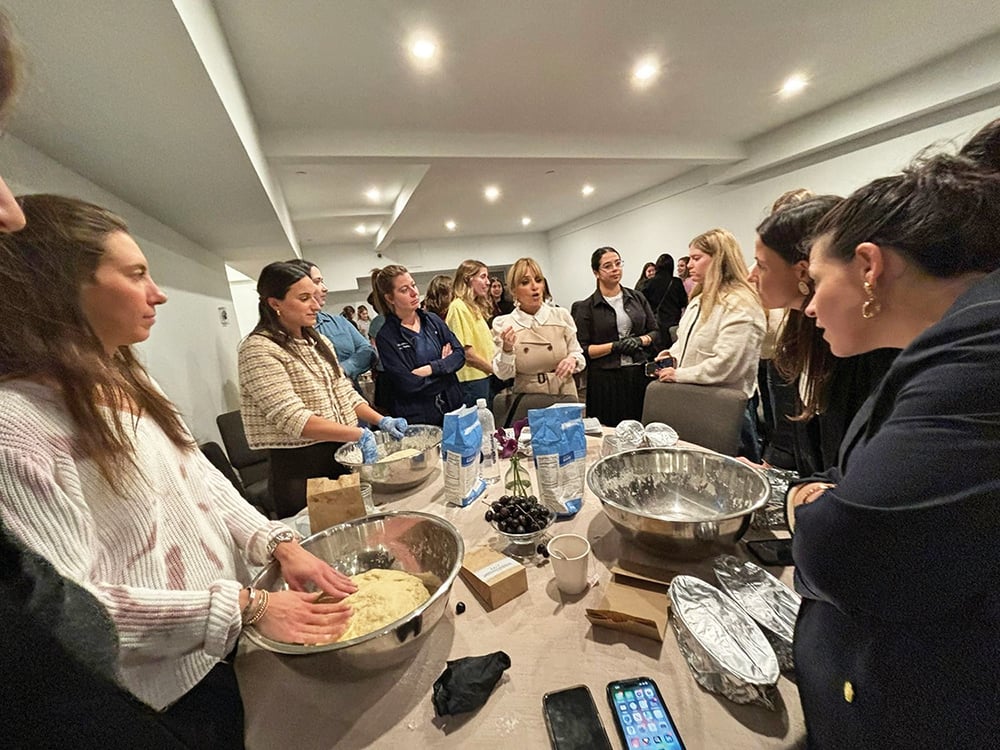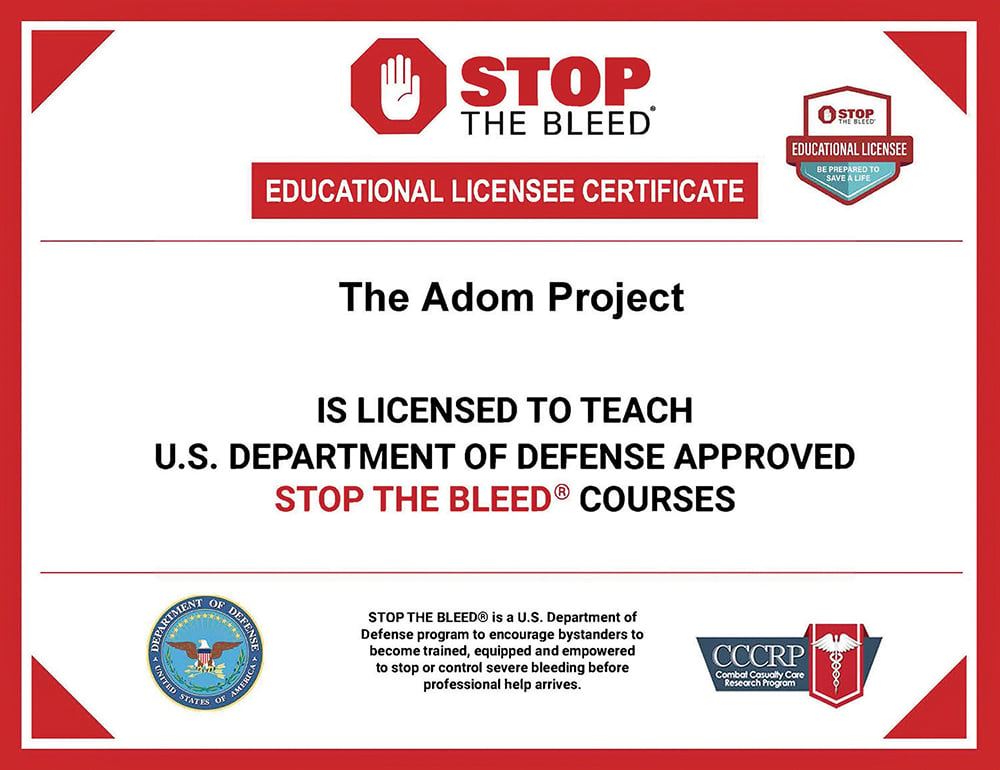
Like tens of millions of other Americans, I watched the Super Bowl, joining others at the home of a friend who hosted a Super Bowl party.
Personally, I had no qualms spending several hours watching the game and socializing with friends—while I generally watch very little television, football games are the big exception, as I often spend Sunday afternoons in the fall and winter watching a game.
However, it is interesting to note that the wisdom—and even the permissibility—of watching a football game at a Super Bowl party seems to have entered the halachic realm. The Jewish Press recently interviewed several rabbinic figures, asking them whether it is proper to attend a Super Bowl party.
Rabbi Yitzchak Sprung suggested that attending a Super Bowl gathering can serve as a valuable opportunity for relaxation and social bonding. He emphasized that with other Jewish intentions—such as ensuring the availability of kosher food and making appropriate blessings—it can even align with spiritual objectives.
Rabbi Yosef Weinstock highlighted the importance of positive social interactions. He noted that attending a Super Bowl party in a setting that fosters “positive peer pressure” can be beneficial, emphasizing the value of community and shared experiences.
Others weren’t nearly as positive. Rabbi Chaim Jachter felt that watching the Super Bowl was a colossal waste of time, and he encouraged individuals to spend these hours learning Torah instead. Still other rabbis were concerned about watching the halftime show and certain commercials, which they considered immodest, and still others pointed to excessive indulgence and the violent nature of the sport, which they felt are discouraged under Jewish law.
Of course, this is not a new question, and there are diverse halachic opinions on the subject by various poskim. While Rabbi Moshe Feinstein, zt”l discouraged attendance at sporting events due to concerns about moshav letzim (gathering of scorners), other authorities, such as Rabbi Chaim Pinchas Scheinberg, have permitted it under certain conditions. And even Mesivta Tiferes Jerusalem, the yeshiva that Rav Moshe headed, participated in competitive sporting events that included spectators. That would seem to suggest that Rav Moshe did not believe attendance at all sporting events falls within moshav letzim.
Rabbi Yosef Gavriel Bechhofer has pointed out that many youngsters have come to idolize sports figures in a way that is antithetical to Judaism. “Kids have very few, if any, role models or heroes that are exemplars of avodat Hashem, Torah and yirat shamayim,” said Rabbi Bechhofer. That’s a valid point, but does that mean that being a sports fan is inherently hostile to Judaism?
I prefer the view of Rabbi Aharon Rakeffet, who said, “Over the years my knowledge of baseball made hundreds of kids into b’nei Torah … you have no idea the effect it has on younger students when the rebbe knows baseball. In the kid’s mind, who can be like the rebbe? He’s from a different generation. Suddenly the rebbe opens his mouth to talk baseball, and he’s one of the kids. Now he can teach Torah.”
I remember when I was in seventh grade, and the Mets were in the World Series. These were the days that all post-season games were played in the afternoon. We asked our rebbe if we could listen to the game during a break in classes, and he told us that it was absolutely assur. So what did we do? We brought our transistor radios to school, and listened to the game during our break, ignoring our rebbe’s instructions.
Which brings me to another point about the Super Bowl. Certainly one approach to the issue of this sporting event’s stronghold on American society is to say that you shouldn’t watch the game or attend a Super Bowl party. Assur! But most of the time that only makes people want to watch the game even more—especially our youngsters.
A better approach is to use the method of the Boca Raton Synagogue. Its men’s club organized a father-son learning program before the big game, sandwiched between a Mincha and Maariv minyan. Then everyone was invited to watch the game on a huge screen in the social hall, with a dvar Torah and Tehillim for Israel said at halftime. And to further encourage attendance, the shul planned to give away football jerseys and other sports prizes to youngsters who attended.
This shul gets it. They realize that virtually everyone would like to be part of the game in some way on Super Bowl Sunday. So what did they do? They managed to incorporate meaningful Torah learning with a fun way to watch the game with others.
Back in the 1980s, the Super Bowl was scheduled to be played at 4 p.m. Eastern time—right in the middle of the regularly scheduled time for Mincha and Maariv. The Young Israel of Stamford—one of the two shuls to which I belong—was faced with a dilemma: Should they leave the time for Mincha and Maariv the way it was, and risk not getting a minyan and prevent attendees saying Kaddish from reciting it? Or should they change the time—and reschedule Mincha for before the game and Maariv for after the game?
To its credit, the shul changed the schedule. It upset a few members of the shul, who felt that a football game should not dictate the schedule for prayer services. However, I think it was the right move. Sometimes practicality should override principles—and in this case it certainly seemed to make good sense.
Where do you stand on the subject of attending a Super Bowl party and watching the big game? Send your replies to [email protected].
Michael Feldstein, who lives in Stamford, Connecticut, is the author of “Meet Me in the Middle” (meet-me-in-the-middle-book.com), a collection of essays on contemporary Jewish life. He can be reached at [email protected].









